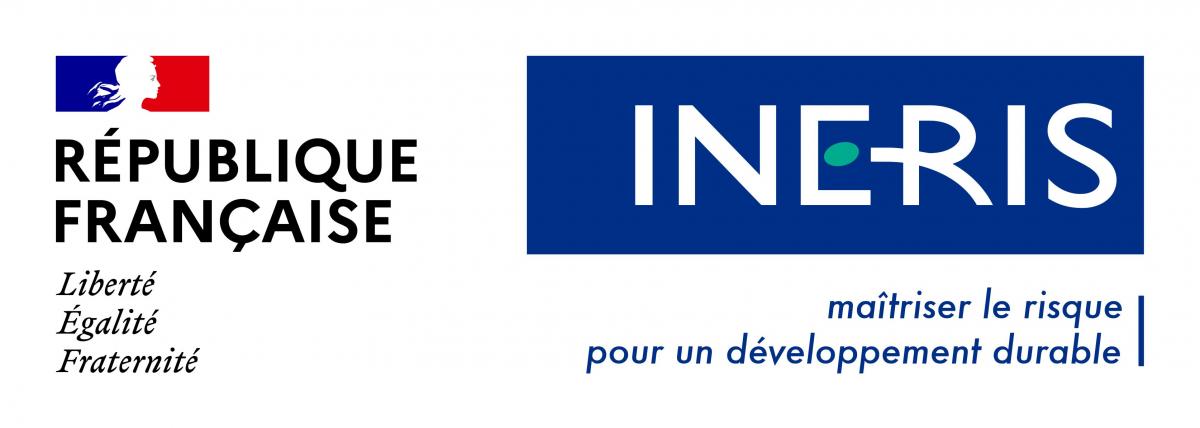Dealing with confounding factor : Alterations of Dreissena polymorpha gonads exposed to a pharmaceutical pollutant (diclofenac) or to nutritive stress
Résumé
The zebra mussel Dreissena polymorpha is a fresh water bivalve considered as suitable monitoring organisms because of it abundance, wide distribution and interesting responsiveness to pollutant. However it also presents a sensibility to variation of environmental parameters, particularly to modification of the nutritive capacity of the environment. So the nutritional state of mussels may constitute a confounding factor in ecotoxicological survey. The non-steroidal anti-inflammatory drug diclofenac is one of the most used drug in France (10 tons per year) and it is part of the three pharmaceuticals proposed for the Water Framework Directive's priority list of pollutant in surface waters. Few data exist on its effect on bivalves. So the goal of this study was to assess the impact of this drug on reproductive apparatus of the zebra mussel. In this aim mesocosm approach was developed with 12 artificial canals and a flux of water containing 0, 0.1, 1 or 10 µg/l of diclofenac in triplicate. The histopathological alterations eventually induced were analyzed in 10 to 20 mussels after 0, 46, 64 and 160 days. However, it appeared that the diclofenac have an impact on macrophyte and periphyton biomass and distribution. To analyze the effect of nutritive stress on gonadic structure of the bivalve, zebra mussels were placed during 150 days in aquarium and fed two time per week by controlled alga volume (Scenedesmus obliquus and chlorella) in duplicate: 100 000 cells (ad libitum diet called 100%), 10 000 cells (10 %) or to 0 alga (0%). Observed ovary histopathological alterations induced by diclofenac (follicle atresie, oocyte necrosis, perifollicular fibrosis, decrease in mature ovocyte production) revealed the gonadic toxicity of this drug. The nutritive stress (10 %) and the total food deprivation (0%) also produced important alterations of the mussel ovary development (follicle atresie, reduction of mature oocyte size). However in the mesocosm experiment the mussel diet was modified but not severally reduced. Moreover the gonadic alterations observed with diclophenac were not similar to these obtained with nutritive deprivation. So it was possible to conclude that the gonadic alterations observed depended mostly of diclofenac direct toxic impact. These results were discussed with amounts of energetic reserves, activity of digestive enzymes and foot protein expression in order to better appreciate the way that Dreissena polymorpha adapt to nutritive deprivation.
